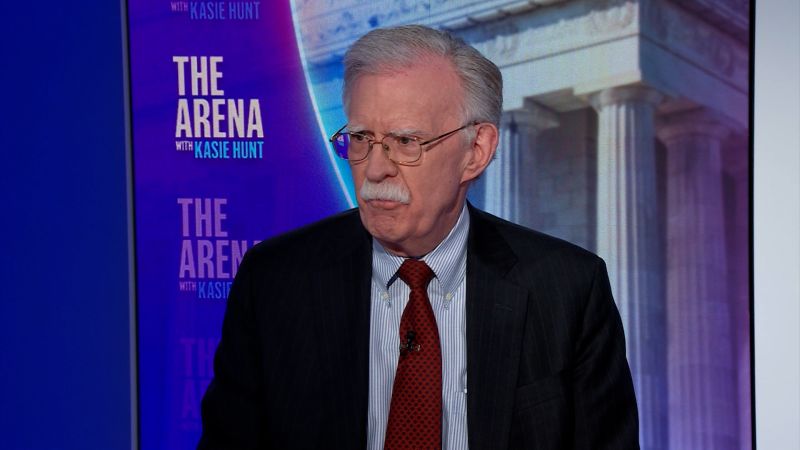Bolton Blasts Trump's Negotiator: A Scathing Critique of Diplomatic Incompetence

In a sharp critique, former US Ambassador to the UN John Bolton has raised serious concerns about Steve Witkoff's emerging diplomatic role. The real estate attorney turned international envoy is reportedly attempting to mediate complex negotiations involving Iran, Ukraine, Russia, and Gaza—a mission Bolton describes as "a disaster in the making."
Bolton's pointed remarks suggest deep skepticism about Witkoff's qualifications and potential effectiveness in handling such intricate and high-stakes international diplomatic challenges. The criticism highlights the potential risks of involving individuals without traditional diplomatic training in sensitive geopolitical negotiations.
As tensions continue to simmer in these volatile regions, Witkoff's unconventional diplomatic approach has drawn scrutiny from foreign policy experts and seasoned diplomats like Bolton, who warn of potential complications and unintended consequences.
